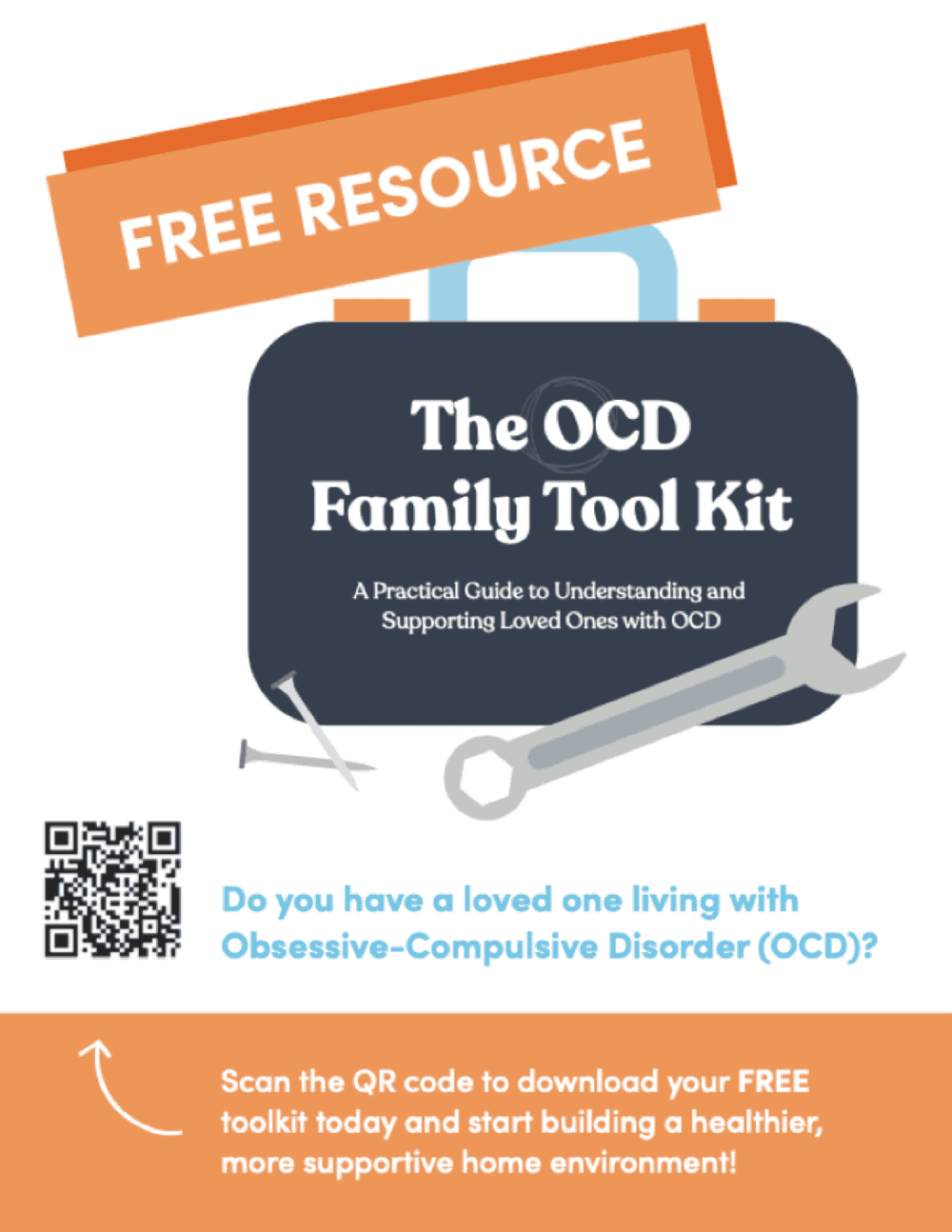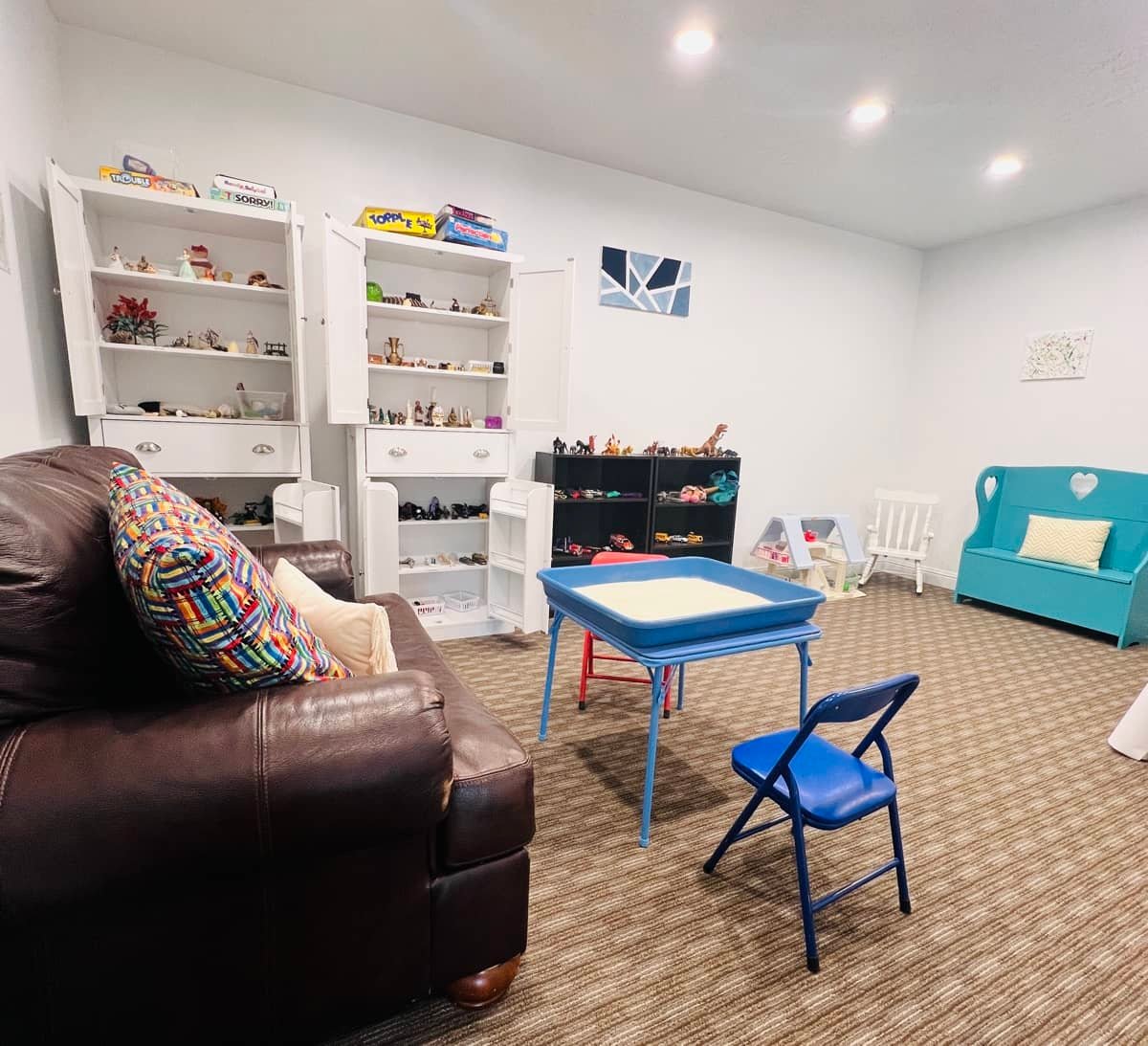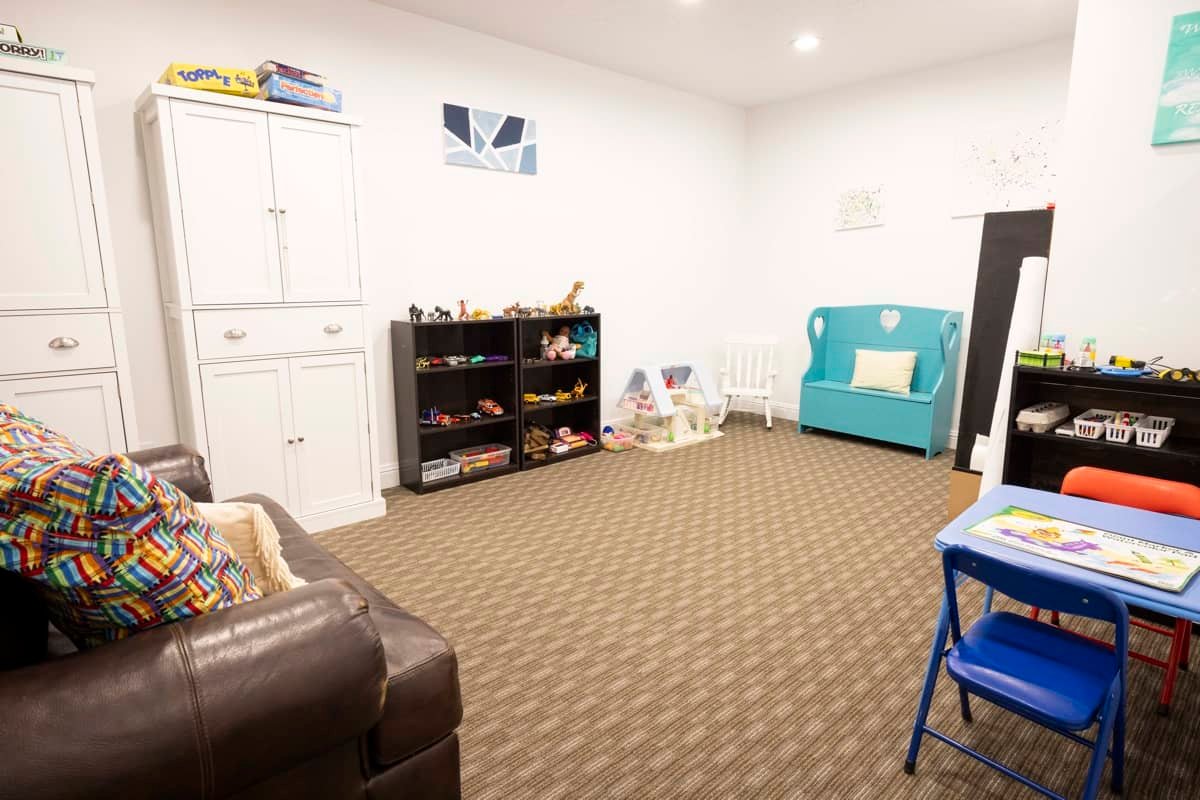OCD Treatment for Children
Supporting children in their OCD journey.

With proper diagnosis, structured therapy, and family support, children can break free from OCD's grip and regain confidence in their daily lives.
Ready to Get Started?
With the right treatment and family support, children can learn to manage their symptoms and regain confidence. Our therapists use evidence-based approaches tailored to your child's needs, including CBT, ACT, and play therapy.
When working with children, we believe parents are an essential component to successful treatment. During your child's therapy, you will also learn skills to strengthen your relationship and support their progress. Reach out today to start the journey toward healing together.
Overview
OCD inflicts 1 in 200 young people, often disrupting their academic, social, and vocational functioning. There is a concern among professionals regarding this demographic, because so few receive a correct diagnosis and even fewer receive appropriate treatment.
If you're a parent, how can you ensure that your child receives the right treatment? If you suspect your child suffers from OCD, it is suggested that you request the school psychologist to administer the Children's Yale-Brown Obsessive Compulsive Scale (CY-BOCS), and/or have a qualified therapist administer the test.
When it comes to treating pediatric OCD, research indicates that CBT with the focus on parents and family involvement provide the most positive outcomes.

What to Expect in Treatment

The parent and child first need to understand the nature of the disorder. Simplified cognitive training is provided and adjusted according to the child's cognitive function. Treatment includes: identifying the obsessions and compulsions, triggers, associated avoidance behaviors, time taken, distress experienced, interference with different functional areas in the child's life, motivation and ability to resist, and the inclusion of members of the family into the rituals.
A symptom list is created according to the child's view of difficulty. The child's strengths are emphasized in order to empower the young client against OCD. Parent participation in treatment is essential for satisfying results.

Children will also learn ACT (Acceptance & Commitment Therapy) skills and receive mindfulness training taught according to the child's age and cognitive level. Though OCD is scary and unpleasant, children will be taught skills in a creative and non-threatening way. Your child therapists will use expressive arts and play therapy interventions during treatment.
Drawings, pictures, handouts, story books, puppets, and other visual aids will be used in order to help children understand the concepts presented in treatment at each session.

Latest Articles
When OCD Feels Like a Third Wheel in Your Romantic Relationship
February 01, 2026
OCD or Not: What Do You Want Your Life to Be About?
January 01, 2026
Five Tools to Respond to OCD Flare-Ups During the Holidays!
December 08, 2025
How a Gratitude Mindset Can Build Inner Peace Despite Anxiety
November 06, 2025
Understanding OCD: Awareness, Compassion, and Recovery
October 10, 2025
Newsletter
Subscribe to our newsletter to stay up-to-date with the latest from Mindset Family Therapy.
Books
Explore our books on religious and moral scrupulosity OCD, anxiety, and parenting anxious children. Each book offers tools, insight, and practical guidance.


